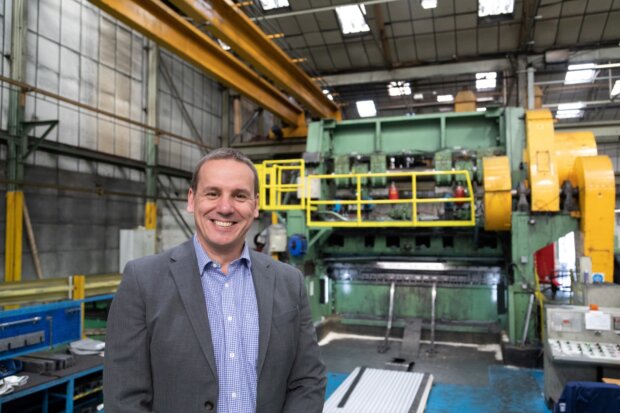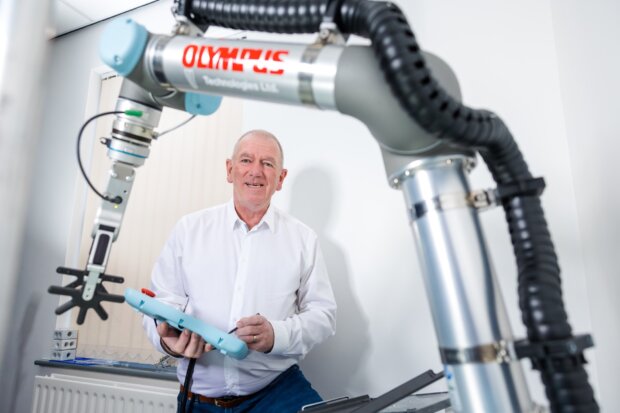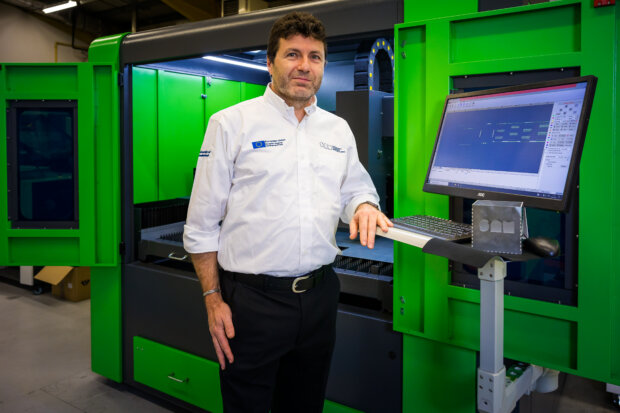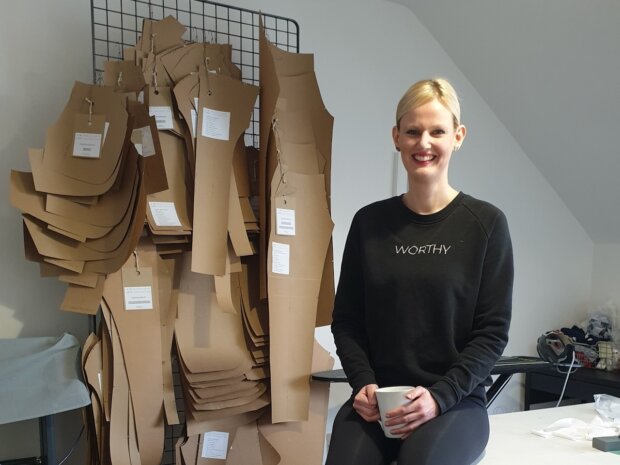The opportunity of working with SAM specialists was music to the ears of a firm of Hartlepool metal experts.
For almost 140 years, The Expanded Metal Company has driven product innovation in its sector, producing metal mesh products for construction materials, filters, grilles, walkways and visually striking architectural meshes.
The Expanded Metal Company was founded by the patentee of expanded metal, John French Goulding and has been operating on the same site since in 1889. Refusing to rest on its laurels, the company tapped into SAM expertise to help ensure the smooth introduction of a new product line.
The company was developing a modular cages range and accessed support from the team of University of Sunderland-based experts to help ensure smooth production processes and iron out some minor design challenges.
Managing Director, Phil Astley, said: “The main benefit of the SAM team is that it allows companies like ours to quickly access the exact expertise and guidance required when embarking on a new project.
“I was very impressed with their support and having first met with Roger O’Brien, we met his team at the University of Sunderland and before long we were working closely with them on the redesign of our security cage.”
The company has developed a “flat pack” security cage, a modular system that can be tailored to meet the exacting requirements of clients, which is shipped in a relatively small consignment and assembled on-site.
Kalem Ainsley, Technical Manager and Ryan Pinder, Operations Manager and Head of Continuous Improvement at The Expanded Metal Company worked with SAM’s automation and robotics expert, Neil Taylor, and CAD design expert, Ian Barrett, to hone design specifications and create clear, smooth production processes ahead of the product’s launch at the end of last year.
“By being able to transport the cage packed flat on a pallet we’re being more efficient and reducing our own carbon footprint, as we’re not transporting empty space,” added Phil.
“Alongside the development of our website, which allows customers to configure the cages to meet their own unique needs, this new solution is perfect for a wealth of sectors, as customers can select their own dimensions, colours, whether the cages need wheels…anything they require really.”
Employing 86 people, the Expanded Metal Company has also developed a range of innovative fencing systems and security solutions and serves sectors including construction, filtration, automotive, aerospace, architecture, manufacturing and engineering, agriculture, acoustics and security.
Ian Barrett, CAD and CAM specialist at the SAM Project, said: “The Expanded Metal Company may have been around for almost a century and a half, but it remains laser-focused on setting the pace in the future.
“It was a fantastic experience working with a business that boasts so much knowledge of its sector but remains open and enthusiastic about adopting new technology and processes.”




